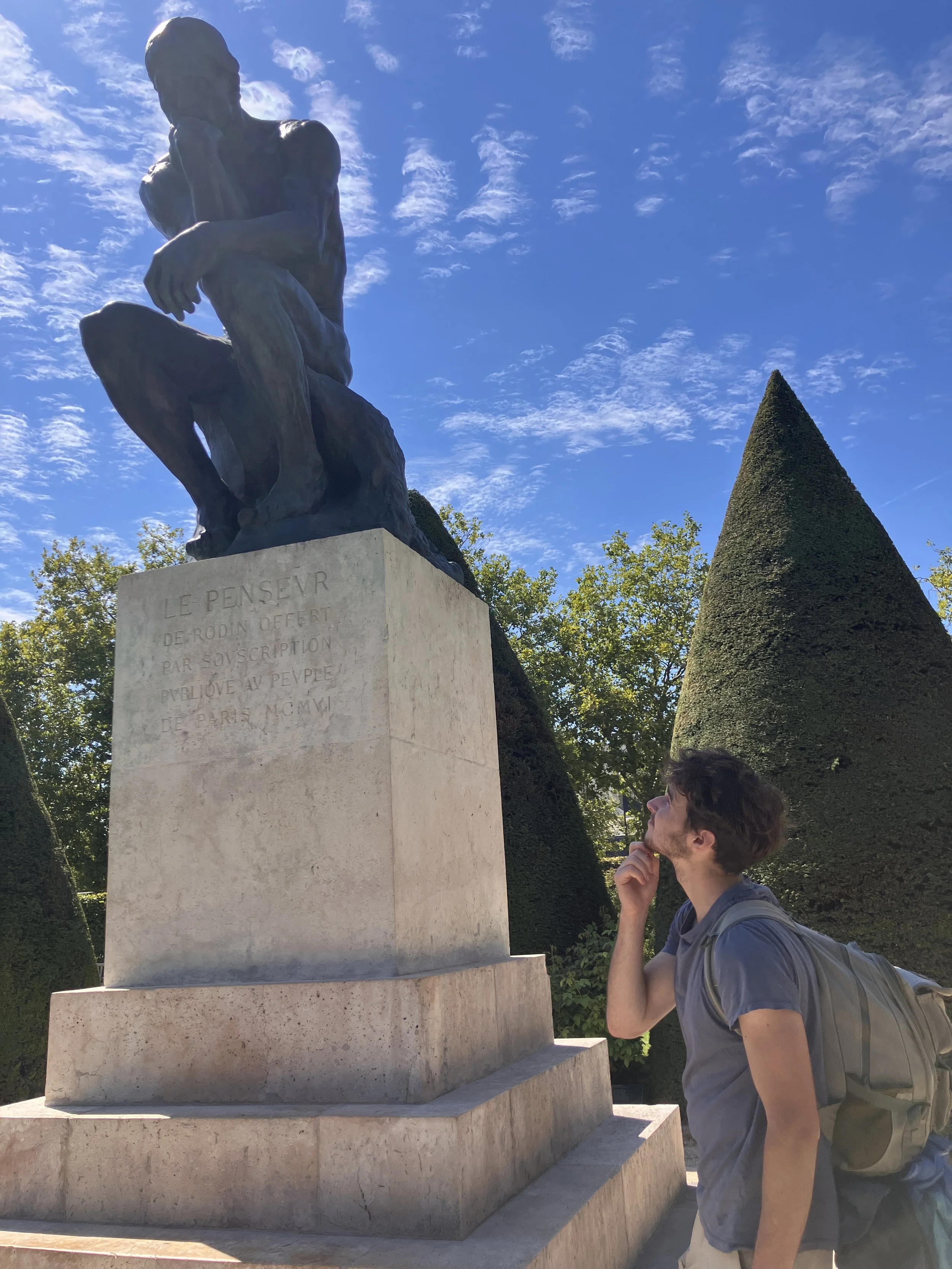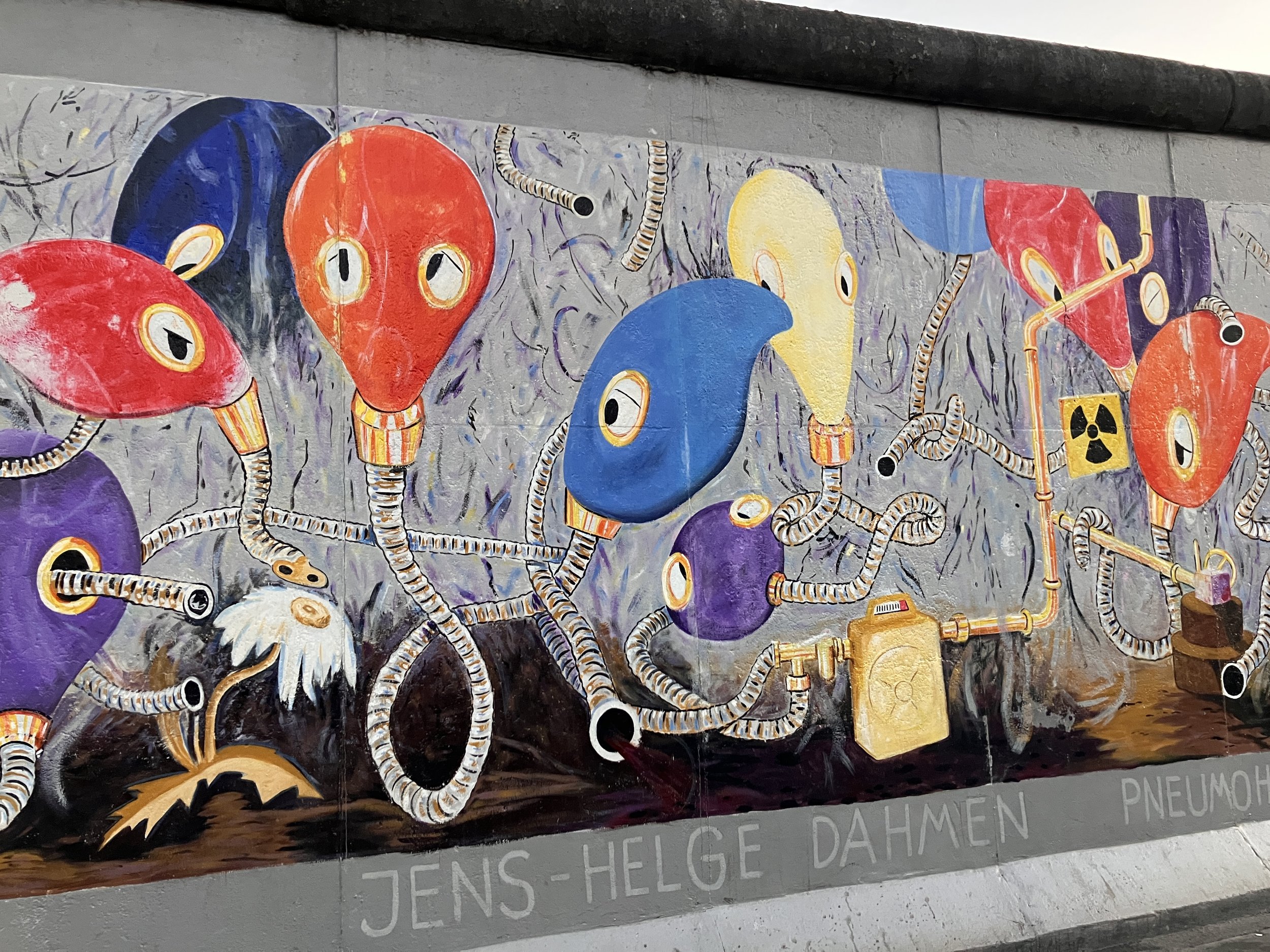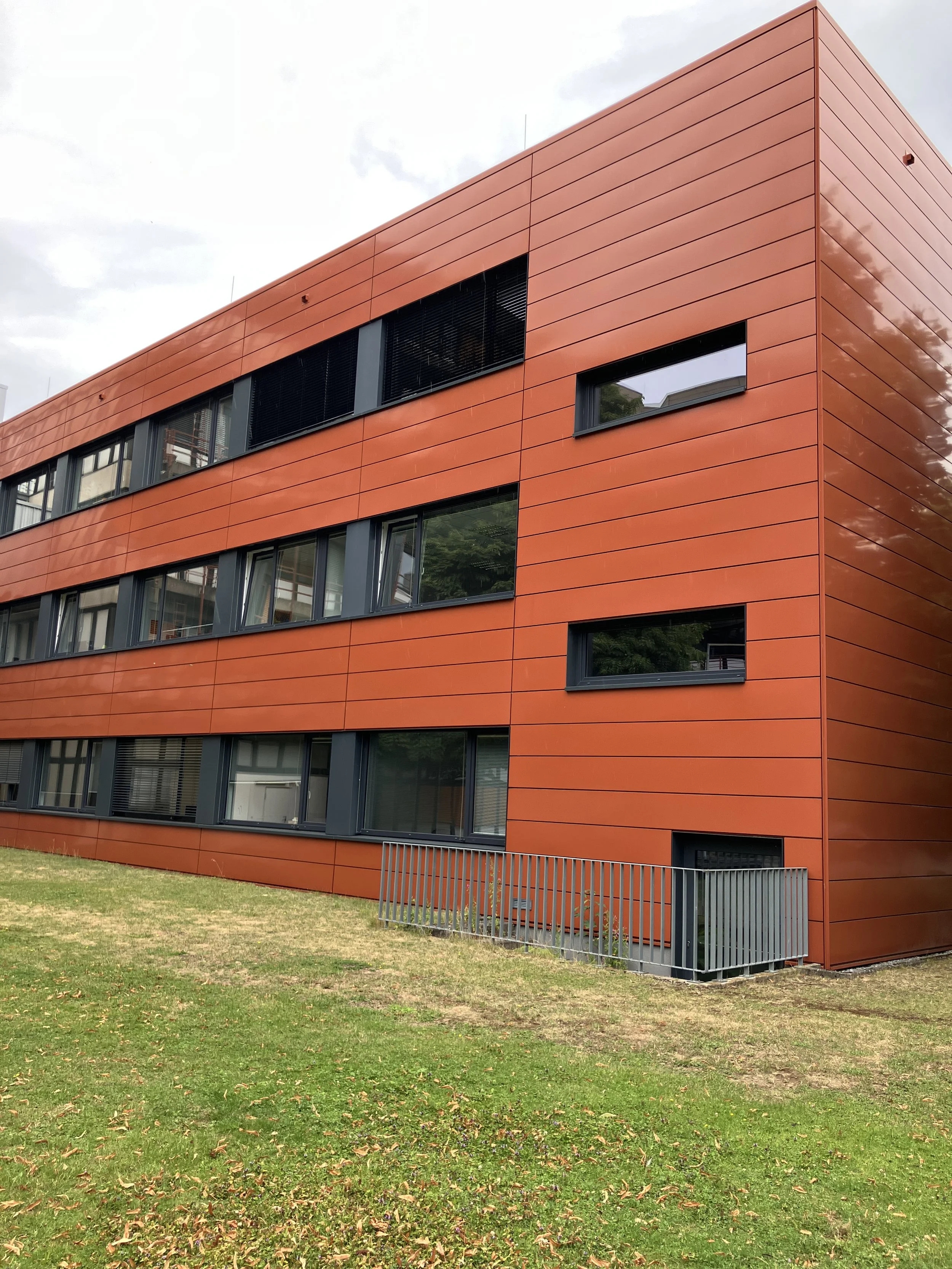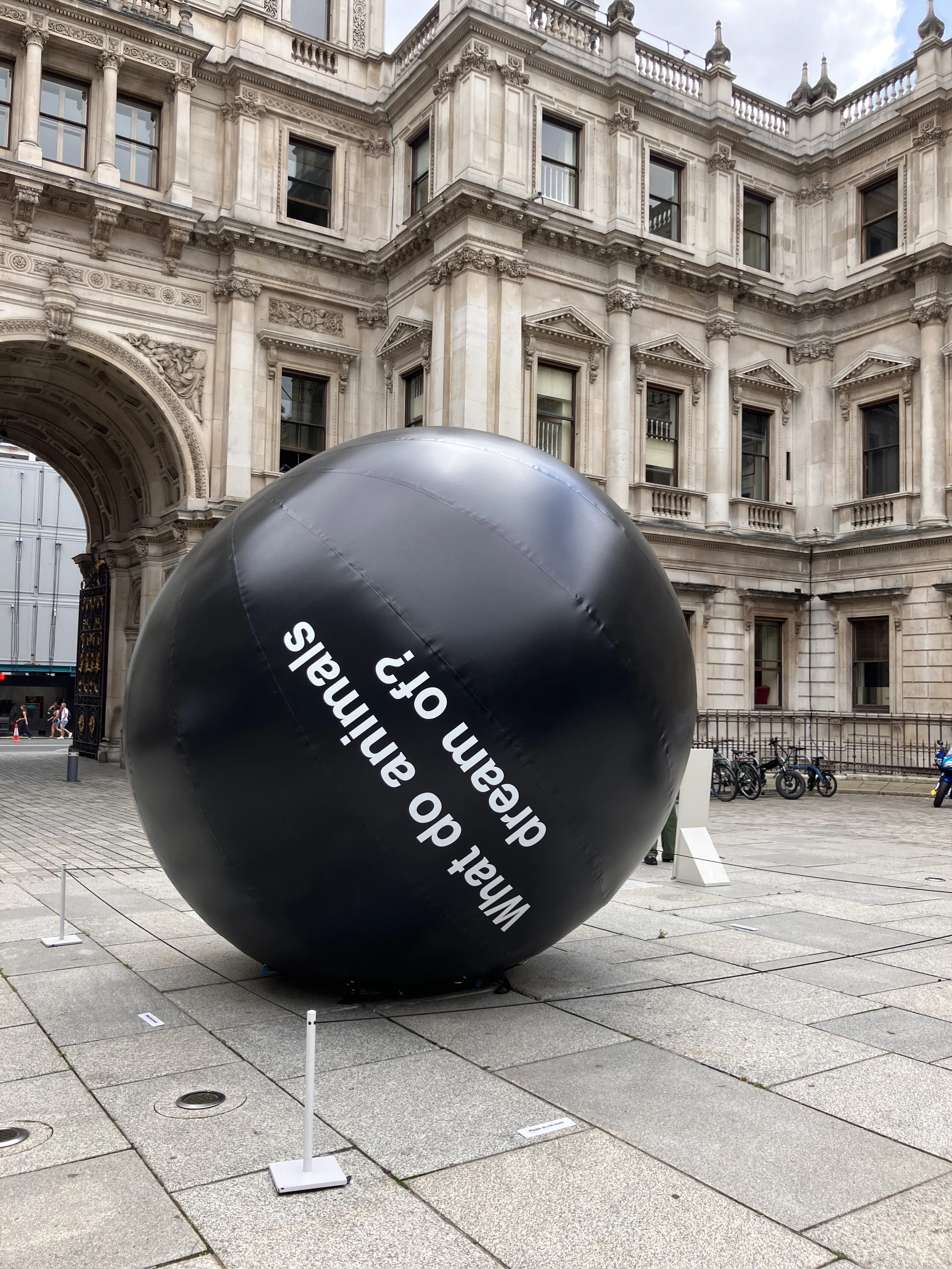Aiden Karpf
Tell us a bit about yourself and your background
In spring 2025, I graduated with a degree in physics from Pomona College, a small liberal arts school in Claremont, CA. Prior to Global Quantum Leap, I did experimental quantum information research with Dr. John Nichol at the University of Rochester, and a senior thesis in quantum information theory with Dr. Kevin Setter at Pitzer College. I love studying quantum physics because of how it challenges my understanding of the physical world, but also because of how its fundamental concepts (e.g., superposition, indeterminacy, entanglement) resonate with my experience of being a human. Next fall (2026), I will begin a PhD in physics at the University of Washington in Seattle, where I plan to continue studying quantum systems.
IRTE research overview
During my IRTE, I conducted research with Dr. Markus Müller at RWTH Aachen. The group focuses on the theoretical study of quantum error correction (QEC), a necessity for building useful, experimentally feasible quantum computers. In my project, I explored a circuit protocol called magic state distillation—a scheme which enables the fault-tolerant implementation of non-Clifford gates. These gates are essential for universal quantum computation but are difficult to realize directly within most QEC codes.
Specifically, I constructed effective error channels (EECs) for a QEC-encoded magic state distillation circuit, and simulated the corresponding unencoded logical circuit with these error channels. Our primary research question was whether simulating the unencoded logical circuit with these EECs could faithfully reproduce the behavior of the entire QEC-encoded circuit under noise. Since the logical circuit with EECs requires far fewer qubits than the fully encoded version, it is much easier to simulate and investigate on a classical computer. However, its utility depends on whether it reproduces the logical error rates of the fully encoded circuit (the version to be realized experimentally). This is what we are investigating (results in progress), with potential to greatly aid further research into magic state distillation by reducing computational costs.
Experience living in Aachen and working in the lab
Living in Aachen was a truly life-changing experience. Over the course of the summer, I grew immensely—both personally and scientifically. It was eye-opening to be immersed in an entirely different culture, and to see how people from around the world differ in what they value both socially and societally. The RWTH Institute for Quantum Information is particularly tight-knit; one highlight was our daily coffee breaks after lunch, which often included some sort of German cake (for any occasion you can think of). Everyone at the institute was incredibly welcoming, and I am deeply grateful for how they positively shaped my experience.
Other highlights or weekend travels
As this was my first time outside of the United States, I wanted to maximize my opportunity to travel outside of Aachen as well. During my eleven weeks of research, I was fortunately able to take weekend trips to London, Paris, and Frankfurt. I was also able to stay in Europe for a couple of extra weeks after the internship, and traveled to Liège, Amsterdam, Hamburg, Berlin, Prague, Vienna, and Innsbruck on a long train and hostel trip. I had such an amazing time exploring Europe and recommend that future IRTE participants take the chance to travel as well!
Overall impressions of your experience
The Global Quantum Leap IRTE is an incredible program that pushes you to grow not only as a physicist, but as a person. This program is an opportunity to conduct cutting-edge research while experiencing the world through an entirely new set of eyes, and it is an experience that I will carry with me for the rest of my life. I also learned so much about both quantum information theory and the research process in general, and now feel significantly more prepared to conduct high-level research during my PhD.
